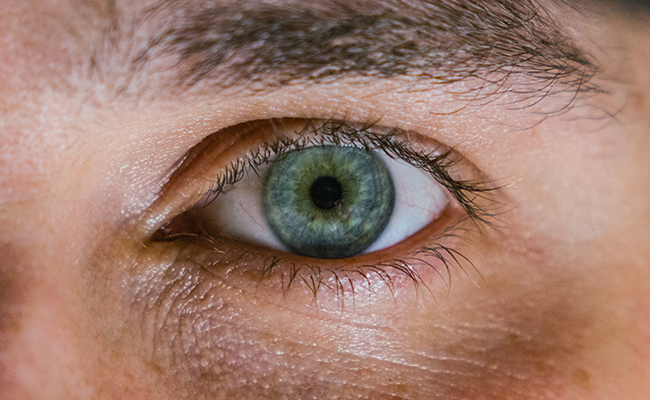
University of Otago experts are calling for additional and more timely cataract surgeries in Aotearoa after research found patients who have the operation have a lower chance of getting dementia.
In a recent journal article, ophthalmologist and lead author Dr Francesc March, of the University of Otago’s Department of Medicine says recent research out of the United States has reported that cataract surgery reduces the risk of dementia by 30 per cent over ten years.
Dr March says the number of cataract surgeries publicly funded in New Zealand could and should be higher.
“Unfortunately, due to fewer resources and lack of funding, New Zealand’s patients have lower vision and more advanced cataracts by the time they receive surgery compared with similar countries.
“For example, considering mean vision-related licencing requirements, some patients may lose their driving licence before qualifying for cataract surgery. Their quality of life and confidence has often deteriorated considerably in that time also.”
Given the prevalence of cataracts and dementia and its impact on individuals, families, and healthcare systems, these findings have significant implications for public healthcare, he says.
More than 70,000 New Zealanders have dementia including eight per cent of the population older than 65 years. The prevalence is set to increase – more than 170,000 people are projected to have dementia by 2050 – three per cent of the total population and 10 per cent of the population older than 65.
“Unfortunately, the prevalence of dementia in Aotearoa is higher amongst Māori (5.4 per cent) and Pacific Island (6.7 per cent) populations, than it is for Europeans (3.7 per cent). Additionally, the onset of dementia for Māori is, on average, eight years earlier than it is for Europeans.
“Outcomes are often worse for minority populations as well, with a faster progression of disease and earlier deaths. This highlights a significant inequity in healthcare that needs to be addressed,” Dr March says.
The total economic costs are $3.6 billion – about $52,000 per dementia patient a year.
More than 40,000 New Zealanders have cataract surgery a year – about half of which are publicly funded at the cost of about $2,800 per eye.
“With a relatively simple and quick operation, taking just five minutes, we can bring life-changing benefits with vision improvement, fewer falls, better driving and more happiness, and a potential reduction of 30 per cent in the risk of dementia,” Dr March says.
University of Otago, Christchurch, Geriatrician Associate Professor Hamish Jamieson says given the study found that cataract surgery was “significantly associated” with a lower risk of developing dementia 10 years after surgery, the improvement in quality of life for the patient and their whanau is likely to be considerable.
“This discovery calls for further investigation and research in this area. Our team is committed to delving deeper into this topic to strengthen the evidence and better understand the underlying mechanisms that link cataract surgeries to dementia risk reduction.
“Investing in more efficient cataract surgery approaches will prevent avoidable vision impairment and negative health consequences. With more comprehensive and robust data, we can advocate more effectively for the adoption of this cost-effective measure in healthcare strategies,” Associate Professor Jamieson says.
Publication details
Dementia and cataract surgery in Australia and New Zealand
Francesc March de Ribot, Anna March de Ribot, Xaviour Walker, Hamish Jamieson, Gary Cheung
Australasian Journal on Ageing
DOI: 10.1111/ajag.13208